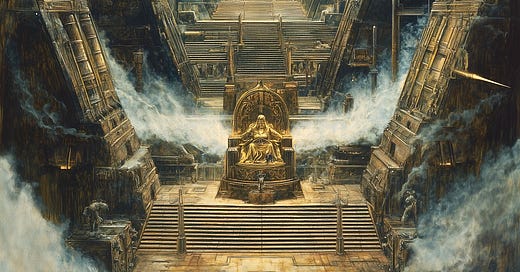I’m firmly of the opinion that the magickal worldview yields a soul-sustaining interpretation of reality. It is the most affinitive, fulfilling, awe-inspiring and enlightening way to conduct a life. When I started on this path, I made use of two shops: Caduceus Books in York and The Sorcerer’s Apprentice in Leeds. The latter was run by Frater Marabas (a…
Keep reading with a 7-day free trial
Subscribe to Mark Nemglan to keep reading this post and get 7 days of free access to the full post archives.




